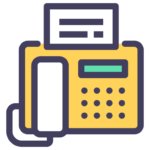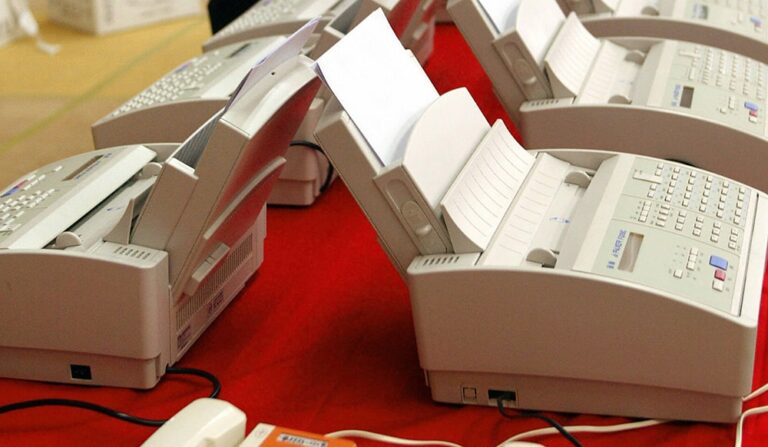As the world has gone digital, many people wonder why fax machines are still used and if they are still relevant. Despite the ubiquity of internet access and communication technologies like email and smartphones, faxing continues to hold its ground for various reasons, including institutional habit and inertia. Here, we explore the reasons behind the persistence of faxing technology and its relevance in 2024.
Is Fax Still Used in 2024?
Addressing the reasons behind the continued use of faxing technology in a digital world, and why faxing is still relevant.
Ready to Get Faxing?
The PayPerFax one-time fax online service is just a click away. No account registration. No prepayments. No subscriptions.

